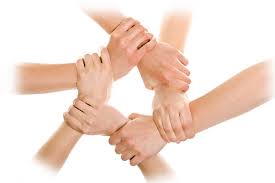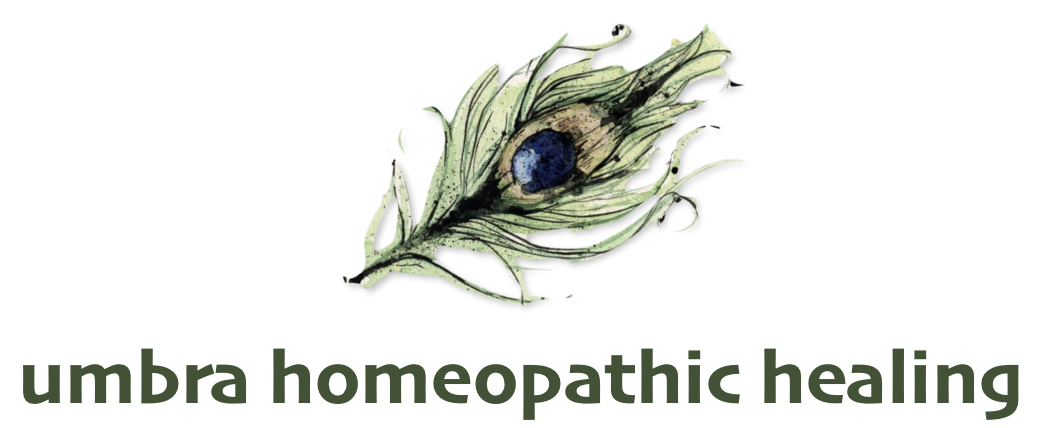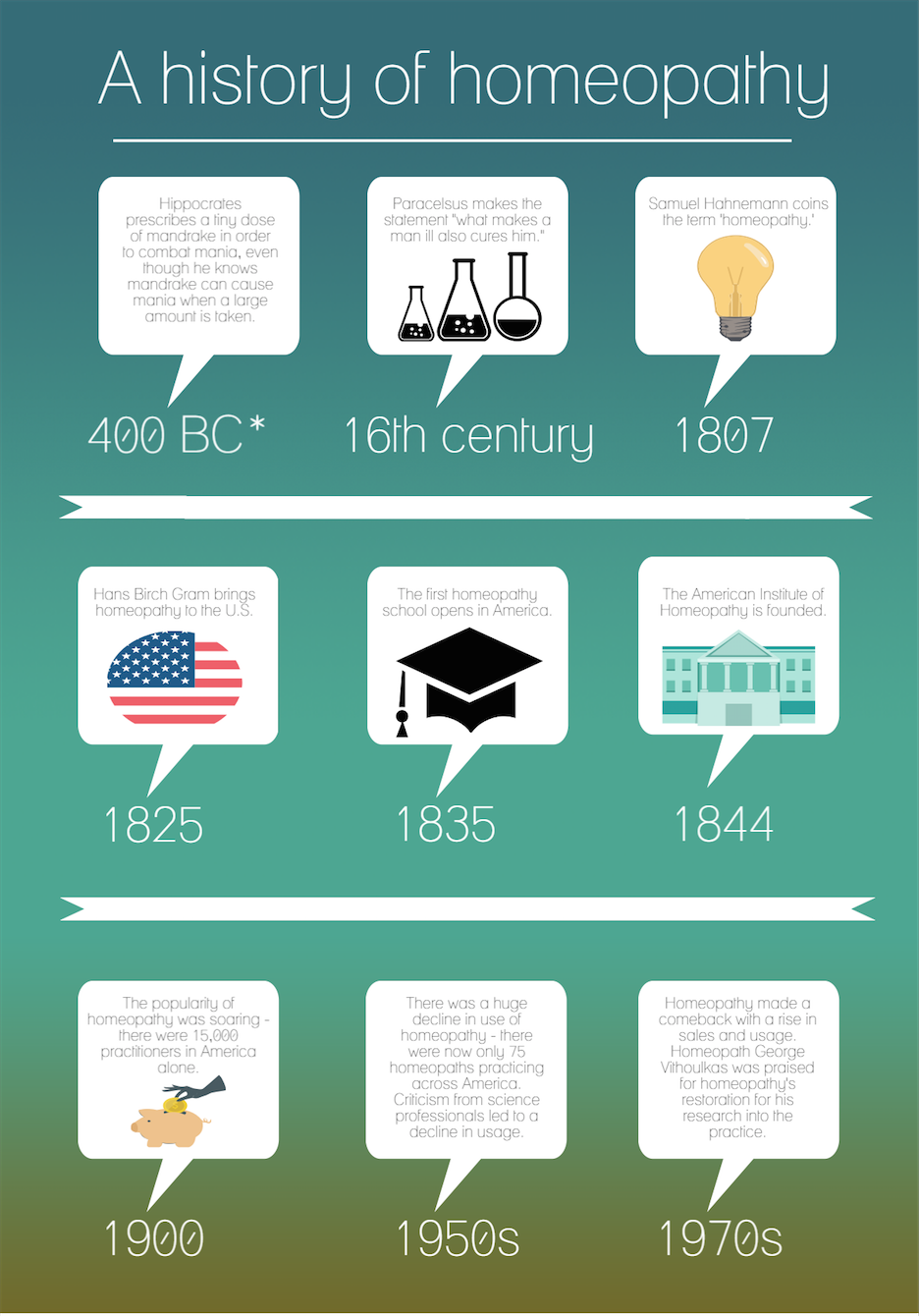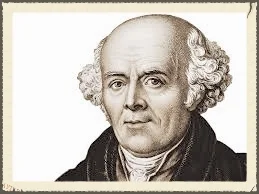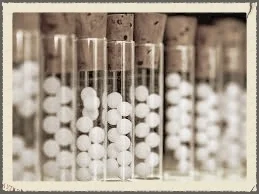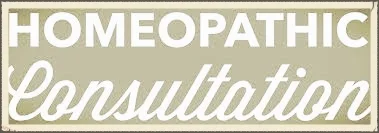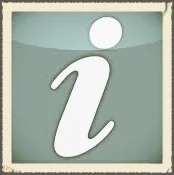what is homeopathy
Homeopathy is an increasingly popular alternative system of healing whose basic philosophy has attracted much skepticism from the conventional medical profession because it has been difficult to prove 'scientifically'. However, its success with patients has meant that it has continued to grow and develop over the past two hundred years and has even enjoyed a resurgence in America in the past twenty years.
The principles of homeopathy were first formulated at the end of the eighteenth century by Samuel Hahnemann, a German physician. Hahnemann had given up the practice of medicine because he found the therapies of his time to be ineffective and extremely harmful, and did not resume practice until he discovered, in homeopathy, a means to help people heal gently, rapidly, reliably - and without side effects. Homeopathy spread quickly throughout Europe and to the United States, where at the beginning of this century 15-20% of all doctors were homeopaths. Despite repeated criticism from orthodox medical circles, the validity of Hahnemann's ideas has been demonstrated for over 200 years.
Homeopathic treatment, like all natural therapies, seeks to stimulate the innate healing power of the individual so that all systems function at their best. As a person moves toward their optimal level of general health, they feel better in themselves. As their symptoms improve their strengthened body defenses become active. The homeopathic remedy does not directly treat a symptom or condition. Instead, it helps to initiate the process by which the person heals him or herself.
The guiding principle of Homeopathy is The Law of Similars. It states that any substance which can cause a set of symptoms in a healthy person can cure those same symptoms in a sick person. The symptoms the sick person experiences are therefore the most important guide to the choice of the correct remedy.
Homeopathy treats the Whole Person. Homeopaths view a person's health as a condition of that entire individual rather than as isolated symptoms. A remedy is selected which best corresponds to that person's total state. Important indicators of general health, like the level of vitality a person experiences, stress factors, and his or her emotional well-being, along with specific physical symptoms, demand close attention.
As little medicine as possible is employed. This is The principle of the Minimum dose. After a dose is given the individual's response is carefully observed, and the remedy is repeated or changed as necessary.
Individualization is one of the founding pillars of homeopathy. Hahnemann said, "No genuine cure of ... any disease can take place without the strict individualized treatment of each case of disease. This implies that each patient, regardless of the primary complaint they come for, needs to be examined individually. Their entire complex of symptoms (mental, emotional and physical) is assumed to be unique and distinctive to them alone. Simply put, four different cases of asthma will present differently - with differing respiratory symptoms, different reaction to weather changes, different sleep states, and different emotional states before, during and after an asthma attack. The homeopath needs to understand the individuality of each asthma case before prescribing a unique remedy to each.
Homeopathy - What it is
Homeopathy is the fastest growing form of health care in the world! It is now used by hundreds of millions, and growing by 25 percent annually.
It is part of the public health care systems of nations in Europe, South America, Central America and Asia, and is regulated in many other nations.
It is effective according to hundreds of high-quality basic science, pre-clinical and clinical studies, including randomized controlled trials.
Homeopathy is one of the safest forms of medicine
It is a holistic practice, taking into account all levels of a person: physical, emotional, mental.
It is practiced according to consistent and rational principles which are the core of practitioner training
It is more cost-effective than any other form of medicine, conventional or alternative (according to a study commissioned by the government of Switzerland)
Homeopathy is a system of medicine with a long history of preventing and curing acute, chronic and epidemic diseases, continuing today.
Homeopathy - What It Is Not
"Homeopathy" is not a generic term for all forms of alternative, natural or holistic medicine.
It is not un-scientific: it uses straightforward logical techniques that anyone can learn
It is not dangerous - it has been practiced in homes and hospitals for 200 years
It does not interfere with conventional medicines.
It is not a "placebo", or sham treatment that requires belief in order to work!

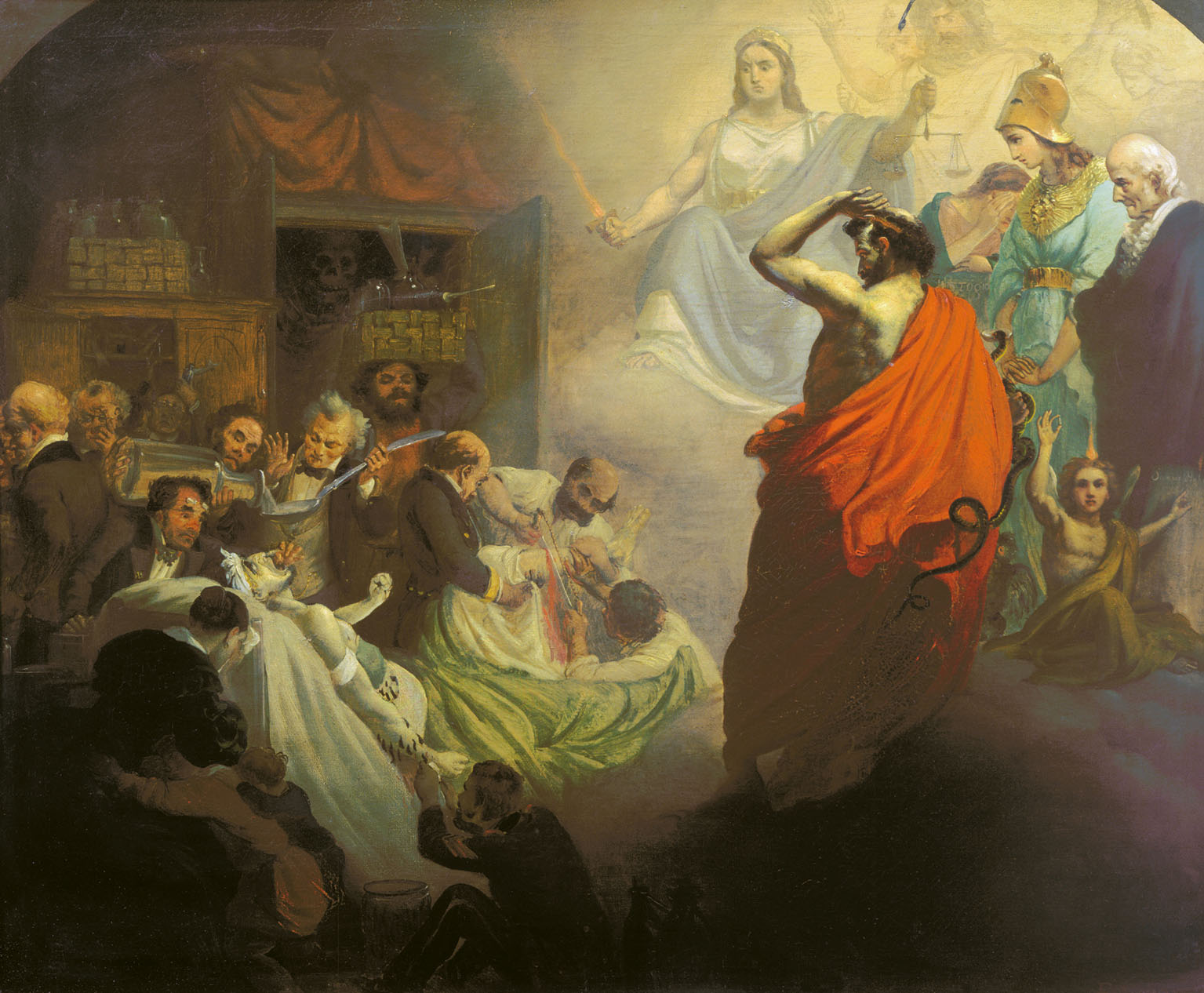
1857 painting by Alexander Beydeman showing several historical figures, the personification of homeopathy (in red) and Samuel Hahnemann (the founder of Homeopathy, on the far right) observing the brutality of medicine of the 19th century.
the history of homeopathy
Homeopathy has been used for over two hundered years to successfully treat various health related conditions around the world. It was founded in Germany over two hundred years ago by a physician, Dr. Samuel Hahnemann (1755-1843). However the theory on which it is based, dates far back in human history to the time of Hippocrates, called the father of Western medicine.
At the time when Dr. Samuel Hahnemann was introducing homeopathy, around the beginning of the 1800s, the orthodox medical techniques in vogue were horrific: bloodletting, the use of crude doses of toxic substances such as mercury and arsenic, and gut-wrenching nostrums and potions. Hahnemann was not the first or last person to proclaim that these mainstream treatments did more harm than good. His assessment of the prevailing system was that it was entirely too painful, invasive and toxic.
Instead of suppressing symptoms, the key principle of homeopathy was that a substance that could create symptoms in a healthy person would cure those same symptoms in a sick one. Dosing was predicated on the principle that “less was more.” And instead of routinely and thoughtlessly treating the symptoms of the “disease”, homeopathy discerned how the individual expressed symptoms as a guide to the true nature of their illness.
However, acceptance of the new system was not universal. Despite the success of homeopathy in in both acute epidemics and chronic disease, the medical community was up in arms. Orthodox physicians and pharmacists were suffering financially. What had been their monopoly for hundreds of years was being eroded by the new system of medicine. It didn’t help that Hahnemann was a vociferous opponent and critic of the allopathic system and put conventional physicians on the defensive. Homeopathy was also radically different from what they were used to. There was no single prescribed treatment for a specific diagnoses. Even to arrive at a specific diagnosis, each patient had to be studied individually. To a coomunity that relied on large, toxic doses of poisonous substances, infinitesimal, extremely diluted doses seemed inefficacious.
Despite this opposition, homeopathy arrived in America in the 1820s and flourished. Throughout the 1800s, the practise of homeopathy began to spread quite rapidly throughout Europe and the United States, due in particular to its success against deadly epidemics of cholera, yellow fever, scarlet fever, small pox, influenza and others. It became incredibly popular with patients and the media. However, by the turn of the 20th century, there was a sharp change in the momentum of Homeopathy, especially in America. A major reason for this was the scientific advances made in the late 19th and early 20th century, especially the work around the germ theory of disease and the discovery of antibiotics. Disease diagnosis improved and allopathic therapies began to reflect rationality in their approach. Antibiotics cured many diseases which before had been difficult to treat. New medical and surgical techniques captured the imagination of a society infatuated with science and scientific progress.
The infamous Flexner Report of 1910 resulted in tighter regulation of medical schools and their curricula. Homeopathic medical schools were forced to adopt allopathic curricula and pharmaceutical labs or had to face loss of accreditation and funding. Along with persecution by the AMA and other factors, this report effectively shut down all non-conventional medical schools in the United States and Canada. Only two of the homeopathic medical schools temporarily survived this attack. Most of the women’s and black medical schools were destroyed as well. The report effectively marginalized all non-conventional forms of medicine including osteopathy, chiropractic and naturopathy in America.
By the 1960s, there remained only a handful of competent homeopathic practitioners in America, no homeopathic medical schools, no homeopathic hospitals and only a few homeopathic pharmacies. However, homoepathy continued to survive in Europe and Latin America and actually grew and flourished in India. During the 1970s and 1980s, interest in homeopathy revived driven by patients who were frustrated by the limitations, harmful side-effects and prohibitive costs of conventional medicine and looking for a gentle, patient-centred, non-invasive form of health care. This interest has continued to grow and now there are several schools that teach homeopathy and two national organizations that certify homeopaths in the United States.
conditions
"Homeopathy treats people, not disease"
As a holistic system of treatment, Homeopathy looks not only at the illness but also considers the person as a whole. Homeopathy recognizes that there is a vital connection between the unique mental, emotional and physical characteristics of the individual and how they are related to illness. It acknowledges that the connectedness of all symptoms of ill health are expressions of disharmony within the whole person. It is the patient’s disharmony or dis-ease that needs treatment.
The more chronic and serious a condition, the more complex it will be to reverse the deep patterns that the body has developed over time, especially those involving the vital organs. Many people come to homeopathy for healing of deeper conditions that western medicine is unable to cure in a satisfactory way for them. This includes states of depression, anxiety and cognitive conditions such as ADD where treatment by pharmaceutical drugs often brings unwanted side effects. This also includes many auto-immune conditions where homeopathy has been especial effective. In many cases homeopathy can also work as a complement to conventional care.
Some conditions that I have succesfuly treated in the past, or am currently treating are:
accidents and external trauma
acne
ADD, ADHD
allergies
anxiety, panic attacks, phobias,
asthma
autism spectrum issues
auto-immune conditions
chronic ear infections
chronic fatigue syndrome
chronic grief and depression
chronic pain
digestive disorders
hair fall/alopecia
hormonal imbalance
hypertension
insomnia
joint pain
migraines
PCOS, PCOD, reproductive issues
rheumatoid arthritis
skin disorders
varicose veins. phlebitis
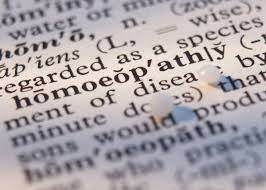
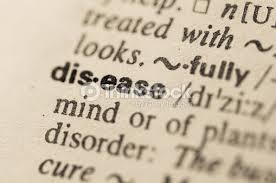
remedies
Homeopathic medicines are all derived from natural sources with medicinal properties that provoke a powerful healing reaction in the individual’s system. The power of the bodies healing mechanism is vast and many complaints heal themselves unaided; but when the healing process is faulty, blocked or slow, the homeopathic remedy acts as a stimulus to the curative powers of the body. The remedy however, must match the individual’sdisease state closely and therefore the homeopath must prescribe the correct remedy and the correct dosage for each patient. A well-chosen remedy acts as a catalyst for healing. Ultimately the patient can sustain health without the stimulus provided by the remedy.
A well chosen, individualized homeopathic medicine strengthens the vital system, encourages healing and lowers the susceptibility to future illness. Many health conditions can benefit from homeopathic care. It is particularly effective in the treatment of long-term chronic diseases. Homeopathy can play an important part in preventative medicine and the maintenance of health; reducing the incidence of acute conditions.
Since homeopathic remedies do not have any toxicity, homeopathy is safe for even the most sensitive patients such as pregnant women, infants and the elderly.
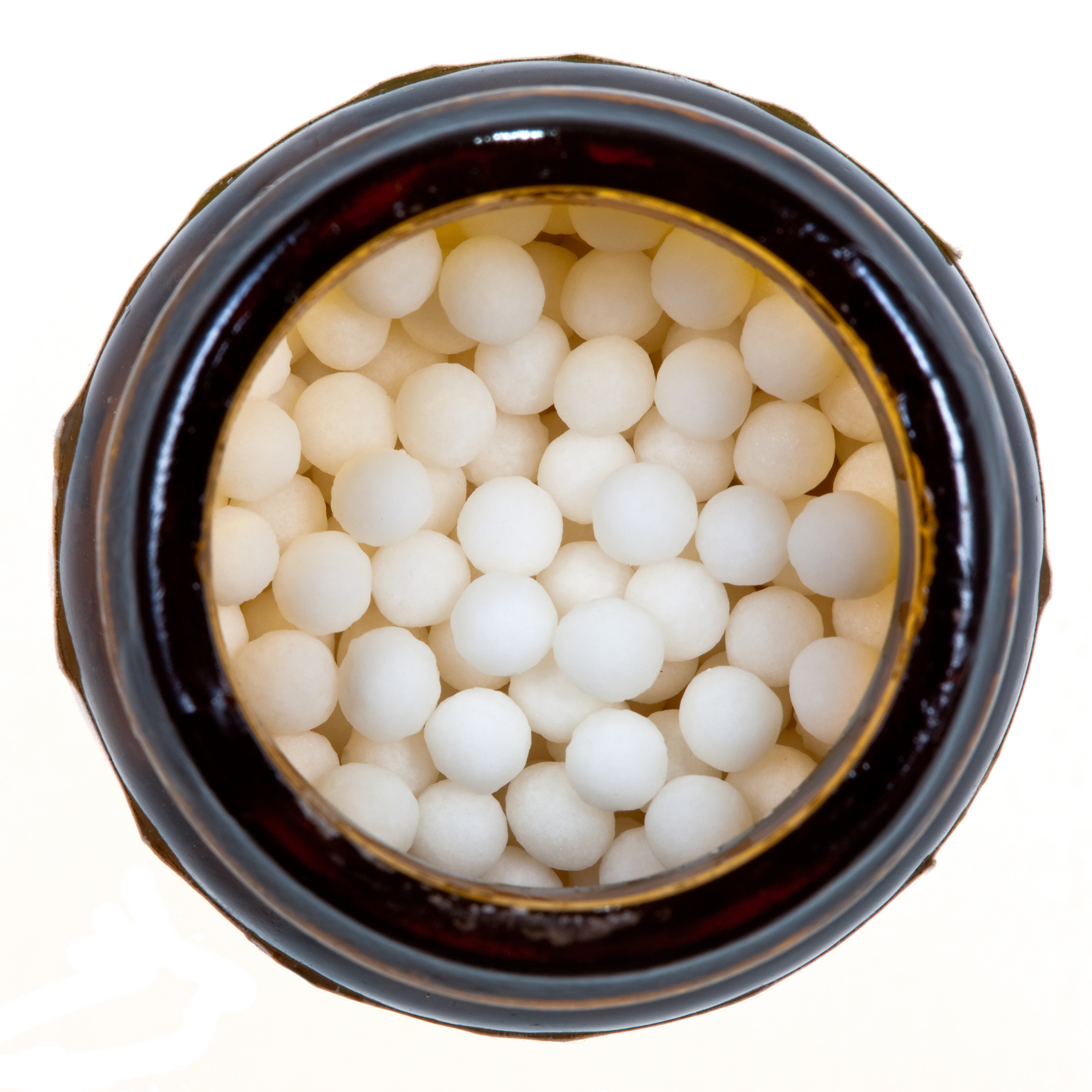
the consultation
The homeopathic consultation is a unique experience.
The task of the homeopath is to find the particular substance in nature that most closely fits your unique symptom picture in its totality. In homeopathy, the patient is more than the sum of its physical parts. Given, homeopathy's holistic approach and belief in the connectedness of all symptoms, an initial case-taking consultation can take up to three hours to establish a complete picture of your pattern of health.
As well as exploring your current complaints in detail, the homeopath will gather information about you in general, and your unique experience of life. To better prepare you for the consultation, the kinds of information the homeopath requires are briefly described below:
You will be asked to describe in your own way and as fully as possible, the conditions that bother you, the ones that have caused you to seek treatment.
What makes your complaint better or worse. For example, does your condition vary with the time of day or night, or the seasons? Is it affected by your position (sitting, standing, lying, etc.) or by activity (motion of any body part, walking, vigorous exercise, rest, etc.)? How do temperature, weather, eating, and sleeping affect your condition? Anything that clearly influences the intensity or pattern of your symptoms should be reported.
Anything that regularly occurs in association with your symptoms should be mentioned. For example, do you feel nauseous when you have a headache?
Can you associate the start of your condition with a specific event - an emotional upset, prolonged or pronounced stress, lack of sleep, exposure to weather, an injury, drug use, surgery, or any other factors?
In addition to information about your symptoms, the homeopath will try to understand you as a complete person - how vital and energetic you feel on the whole, your emotional nature, and your way of interpreting the world around you.
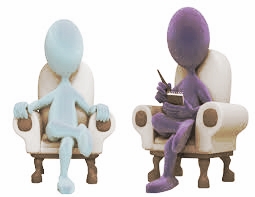
what to expect
The aim of Homeopathy is rapid, gentle and permanent cure through the body’s own healing mechanisms in the shortest, surest and least harmful way.
After the consultation, the patient has the option to source their remedy on their own (a list of recommended pharmacies is available) or can choose to have the remedy provided to them. In most acute cases, I look for improvement that day. For chronic cases, relief has been observed within one to three months. Of course, for serious, long-established pathology, cure can take time but the results are usually long-lasting and sustainable. Most importantly, following the principle of individualization, each patient responds to the remedy in their own way and at their own pace.
The course of the treatment involves the in-depth interview followed by a remedy suggestion and instruction on how to take it. The first follow-up, in person or via Skype/FaceTime, is scheduled for 4-6 weeks after the remedy was first taken. The second follow-up is scheduled at 3-4 months. I like to stay in close touch with the patient usually through biweekly phone calls to assess how the treatment is going. The final follow-up is scheduled at 6 months. By the second follow-up, I expect the patient to have experienced some amelioration of their principle complaint. As mentioned before, this will be different depending on each individual case and pathology.
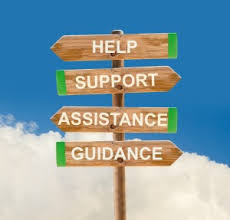
faq
Please note that these answers reflect the opinion of Roopali Gupta. Other homeopathic practitioners may have different answers to some of these questions.
Will the homeopathic remedies interact badly with my conventional treatments?
Not usually. As each therapeutic system is working on different levels of the body there is no danger of contraindications. Homeopathic remedies work well alongside most conventional medicines.
It may be important to have your doctor monitor the medications you are taking as your requirements for long-term drugs may change during the course of homeopathic treatment. You should never discontinue your conventional medications without consulting your medical doctors.
Can I continue to take my vitamin and mineral supplements?
It is fine for you to continue to take all-purpose multi-vitamin or mineral supplements. It is recommended that you avoid mega doses (larger than the daily recommended dosage) of any supplement while you are pursuing homeopathic treatment. Please let me know if you are taking any such doses.
What about botanical tinctures or Chinese herbal preparations?
Please advise your homeopath if you are taking these, especially if they have been prescribed by a naturopathic physician or an acupuncturist. Requirements for these can change (as with conventional medications) if homeopathic treatment is effective.
Can I see an acupuncturist while I am taking a homeopathic remedy?
Please advise your homeopath if you are currently having, or are considering having acupuncture treatment as both acupuncture and homeopathy are 'energy' therapies and it may be counterproductive to pursue both at the same time.
What about some of the other alternative therapies?
Many alternative therapies are complementary. Reiki and cranio-sacral osteopathy are two common systems of healing that are complementary to homeopathic treatment. In addition, many people find it beneficial to take various self-healing courses to boost their vitality, not just on a physical level. Yoga, meditation have chi gong are all effective healing tools.
What about non-prescribed substances?
Recreational drugs (like marijuana) have been found to counteract the effect of a homeopathic remedy. They are best avoided during constitutional treatment.
Since strong smells can affect homeopathic treatment what about hair perms?
Some strong chemical beauty treatments including certain hair perms or dyes have a strong (negative) affect on the body and are best avoided. It is sensible (for the sake of your general health and well being) to seek out natural alternatives to some of the more toxic hair and body treatments.
What about antiperspirants?
Although using antiperspirants will not counteract the healing effects of homeopathic treatment it is generally unwise to stop your body from sweating. Suppressing your sweat (whether it is under your arms or on your feet) can cause other problems, as sweating is one of your body's natural ways to eliminate 'toxins'. A deodorant is a safer alternative as it won't prevent your body from sweating, but it will stop the bad smells!
Is there anything else I should avoid?
Magnets and electric blankets (left on all night) have been known to counteract the effects of homeopathic treatment. It is probably best to avoid magnets, and to use an electric blanket to warm the bed, switching it off before getting into bed so the electricity isn't running all night around your body.
I have heard that I can antidote my remedy, is that true?
Generally, you shouldn't worry about 'antidoting' your homeopathic remedies, although there are certain substances which have been shown to counteract the healing effects of a homeopathic remedy and it is sensible to avoid these while you are pursuing homeopathic treatment.
The effects of a homeopathic remedy (even a single dose) can last for several weeks and sometimes several months so it is advisable to stay away from certain substances (like strong aromatic oils) for the duration of your homeopathic treatments, and not just for a short time after you take you take the remedy.
Should I avoid all aromatherapy oils?
No. Some strong aromatic oils, in particular, eucalyptus and camphor (in ointments such as Tiger Balm, Vicks Vapor Rub etc.) have been shown to have a negative effect. Please also avoid the use of undiluted aromatherapy oils such as tee tree oil and menthol during the course of your treatment (i.e. those with especially strong odors). Milder oils such as lavender and rosemary diluted in bath or massage oils are fine, as are colognes and perfumes.
What about peppermint in sweets and toothpaste?
Peppermint in ordinary toothpastes and mouth washes is not a problem, neither is mild chewing gum. The stronger peppermints (like Altoids) are best avoided during homeopathic treatment. Mint in cooking is fine, both as a fresh herb in salads etc., and in teas (on its own or mixed with other herbs).
Can I go to the dentist while I am having homeopathic treatment?
Of course you can! It is important that you keep your teeth cleaned and checked regularly and these visits will not affect your homeopathic treatment. If you are planning a course of dental treatment it is sensible to make sure those appointments are a good couple of weeks away from taking a constitutional remedy if possible.
Can I drink coffee while I am seeing a homeopath?
Many people can tolerate a moderate amount of coffee and have no difficulty with drinking one cup a day. Some people are sensitive to it and find their nervous systems over stimulated by even a moderate amount. In this case their vitality and their general healing responses will be affected. If you fit into this category then you might consider cutting out coffee for the duration of your treatment. Certain remedies are sensitive to the effects of coffee. Please advise your homeopath if you drink coffee, and especially if you drink more than one cup a day
Should I avoid Coca-Cola, tea and chocolate since they all contain caffeine?
If you find that the effect of tea is similar to coffee then it is wise to take only moderate amounts or stop entirely. If you are not sensitive then there is no need to stop altogether but you might want to use them in moderation for the sake of your general health.
Can I drink alcohol or smoke?
Moderate use of alcohol (1-2 units a day) doesn't interfere with homeopathic treatment (unless you are strongly affected by it), nor does tobacco smoking. Both alcohol and tobacco affect your health, especially if you are a pregnant woman and should be avoided.
The constitutional remedy I took helped so I bought another bottle. How should I take it?
You shouldn't take another homeopathic remedy without talking to your homeopath first. Repeating a remedy that has helped can be counter-productive and may actually cause your symptoms to return.
Can I take another homeopathic remedy while I am taking a constitutional remedy?
Homeopathic remedies (including the Scheussler Cell or Tissue Salts) have relationships to one another and it is important that you don't take another homeopathic remedy without checking with your homeopath first. The exception to this is if you are in any kind of emergency situation like an accident, in which case you can take Arnica (or any other indicated remedy)¦ and then call your homeopath as soon as you can.
What should I do if I fall ill with a cough or a cold between visits?
If your acute illness is familiar to you it may be a healing response (a temporary return of old symptoms) and will pass quite quickly. Please call for reassurance if you are at all concerned.
If you do not have a straightforward cold or minor, everyday illness you should check with your primary care doctor to make sure you do not have a serious infection.
If the illness is unrelated to anything you have experienced in the past, and you know others who have a similar illness (there is something going around and you have 'caught' it), then you might be able to use homeopathy to help you through it. You will need to make appointment for an 'acute' consultation. It is always preferable to check with your homeopath before taking an 'acute' homeopathic remedy.
Can I take aspirin for a fever?
It is generally inadvisable to use aspirin or Tylenol to suppress a fever. Fevers are one of the body's self-healing mechanisms and actually help your body to fight infection. As long as your temperature is not too high, and allows you to function normally, it is healthier to let nature take its course. While you are sick it is important to take care of yourself in order to aid your healing process. If you feel quite unwell it is wise to go to bed and stay there! Rest and sleep as much as possible. Drink plenty of fluids (water or fruit juices) and eat only if you feel hungry. A light diet (fruit and vegetable soups etc.) will give your digestion a rest and help your body to recover faster too.
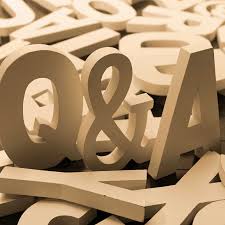
helpful links
The following websites are a great starting point - they each have a Directory of Homeopaths and various information pages. The NCH represents the grassroots homeopathic movement, and NASH and the CHC are the certifying organizations for the professional homeopath in the US and Canada. The AIHC is an organization that provides certification to qualified homeopathic practitioners from around the world.
Organizations
National Center for Homeopathy (NCH)
North American Society of Homeopaths (NASH)
Council for Homeopathic Certification (CHC)
Association for International Homeopathic Certification (AIHC)
Some Introductory Books
The following books are good introductions to homeopathy
Homeopathy: Beyond Flat Earth Medicine by Timothy Dooley ND, MD. A wonderful introduction to homeopathy with chapters that address the skeptics concerns. You can read the first edition free online
Some interesting articles
Extraordinary evidence - research about Homeopathy
Will Homeopathy work for me? Stories from real people.
Frequent false statements about Homeopathy…and the truth
The Mystery of Extreme Dilution and why it works
Homeopathy and Science get along just fine…read how!
The Rebound Effect - explained through Homeopathic principles
The Roots of Homeopathy's Image Problems
Pharmacies
